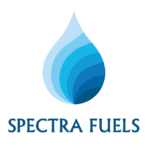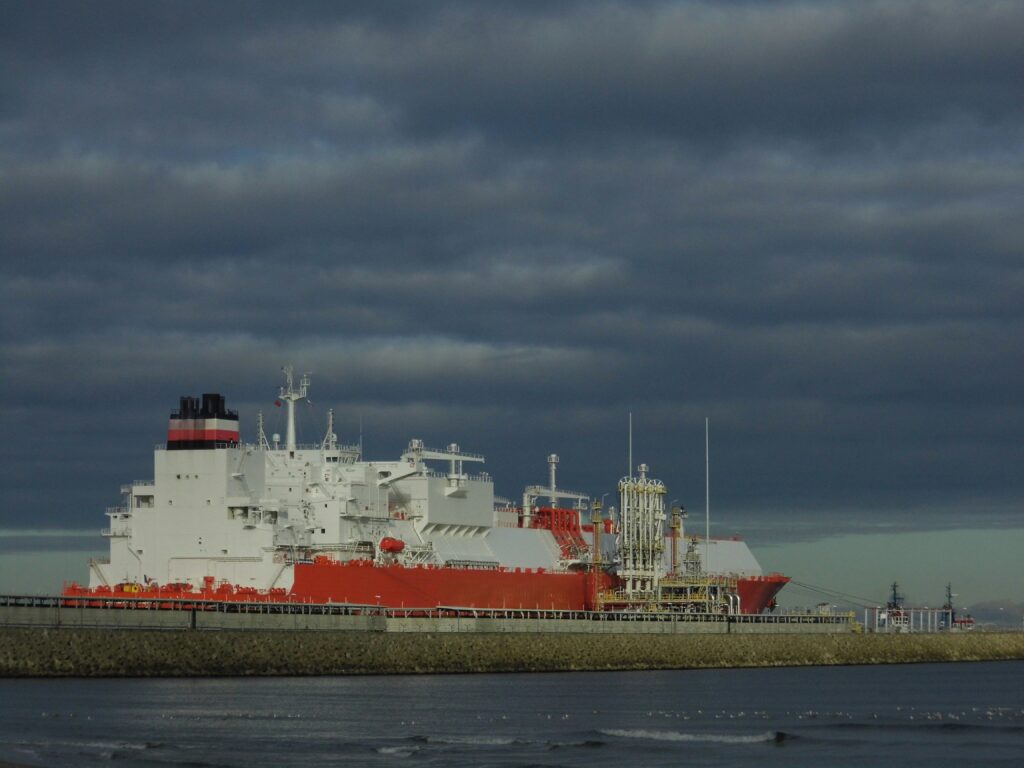Liquefied Petroleum Gas (LPG) is a versatile and widely used fuel source, particularly in the maritime industry. During the bunkering process, where LPG is transferred from a supplier to a ship, ensuring consistent fuel quality is crucial for safe and efficient operations. However, traditional quality control methods often face challenges in detecting and addressing potential quality issues promptly.
This is where machine learning (ML) techniques can play a pivotal role. By leveraging advanced algorithms and data analysis, ML can enhance the quality control process, leading to improved safety, reduced costs, and increased operational efficiency.
Traditional Methods of LPG Quality Control
Traditionally, LPG quality control during bunkering has relied on manual sampling and laboratory analysis. This process involves collecting physical samples of the fuel and sending them to laboratories for detailed testing. While this approach can provide accurate results, it is time-consuming, labor-intensive, and often fails to detect issues in real-time.
Furthermore, manual sampling and analysis are prone to human error and may not capture the full range of variability in fuel quality throughout the bunkering process.
Machine Learning Approaches for LPG Quality Control
Machine learning offers a powerful alternative to traditional quality control methods. By leveraging large datasets and advanced algorithms, ML models can be trained to detect patterns, anomalies, and potential quality issues in real-time.
- Supervised Learning
Supervised learning algorithms, such as classification and regression models, can be trained on historical data to predict fuel quality parameters. These models can analyze various input features, such as temperature, pressure, density, and composition, to identify potential deviations from accepted quality standards.
- Unsupervised Learning
Unsupervised learning techniques, like clustering and anomaly detection, can be applied to identify patterns and outliers in the data without relying on labeled training data. These algorithms can detect deviations from normal operating conditions, potentially indicating quality issues or equipment malfunctions.
- Deep Learning
Deep learning, a subset of machine learning that utilizes artificial neural networks, can be particularly effective in analyzing complex data patterns. Convolutional Neural Networks (CNNs) and Recurrent Neural Networks (RNNs) can be trained on sensor data, spectral data, and other relevant inputs to detect subtle quality variations that may be difficult for traditional methods to identify.
Implementation and Integration
Implementing machine learning for LPG quality control during bunkering involves several key steps:
- Data Collection: Gathering relevant data from various sources, such as sensors, historical records, and laboratory analyses. This data will serve as the foundation for training and validating the machine learning models.
- Data Preprocessing: Cleaning, formatting, and transforming the collected data to ensure consistency and compatibility with the chosen machine learning algorithms.
- Model Training and Validation: Using the pre-processed data to train and validate the machine learning models, iterating and refining the models as necessary to achieve the desired performance.
- Integration and Deployment: Integrating the trained machine learning models into the existing bunkering operations and quality control processes, enabling real-time monitoring and analysis.
- Continuous Monitoring and Updating: Regularly monitoring the performance of the deployed models and updating them as new data becomes available or operational conditions change.
Benefits and Advantages
The adoption of machine learning for LPG quality control during bunkering offers numerous benefits and advantages:
- Early Detection of Quality Issues: Machine learning models can detect potential quality issues and deviations from acceptable standards in real-time, allowing for prompt corrective actions and minimizing the impact on operations.
- Improved Consistency and Reliability: By analyzing large datasets and identifying patterns, machine learning can enhance the consistency and reliability of quality control processes, reducing variability and ensuring compliance with industry standards.
- Real-time Monitoring and Analysis: Continuous monitoring and analysis enabled by machine learning models provide valuable insights into the bunkering process, allowing for proactive adjustments and optimizations.
- Cost Savings: Early detection of quality issues and efficient quality control processes can lead to significant cost savings by reducing waste, rework, and operational downtime.
- Enhanced Safety: Improved quality control measures can help mitigate potential safety risks associated with the use of non-compliant or substandard LPG, ensuring the safety of personnel and equipment.
Challenges and Limitations
While machine learning offers promising solutions for LPG quality control during bunkering, there are certain challenges and limitations that need to be addressed:
- Data Quality and Availability: The performance of machine learning models heavily relies on the quality and availability of the training data. Ensuring accurate and comprehensive data collection can be a significant challenge, particularly in dynamic and complex environments like maritime operations.
- Model Complexity and Interpretability: Some machine learning models, especially those involving deep learning techniques, can be complex and difficult to interpret. This can make it challenging to understand the underlying reasons for specific predictions or decisions made by the models.
- Maintenance and Updating: As operational conditions and quality standards evolve, the machine learning models will need to be regularly maintained and updated to ensure their continued accuracy and relevance.
- Regulatory and Compliance Considerations: The adoption of machine learning for quality control may require compliance with various regulatory requirements and industry standards, which can pose additional challenges in terms of validation, documentation, and auditing.
Case Studies and Real-World Examples
Several companies and organizations have already begun exploring and implementing machine learning solutions for LPG quality control during bunkering operations.
- Case Study:
A leading LPG supplier, implemented a machine learning-based quality control system at one of their bunkering terminals. By training a deep learning model on historical data and real-time sensor inputs, they were able to detect and address potential quality issues more quickly and accurately.
According to their internal reports, the implementation of the machine learning system resulted in a 25% reduction in quality-related incidents and a 15% improvement in operational efficiency.
- Case Study:
Another major shipping company, collaborated with a technology partner to develop a machine learning solution for LPG quality control during bunkering operations. Their approach involved integrating machine learning models with existing sensor networks and data collection systems.
The results of their pilot study demonstrated a significant improvement in the accuracy of quality predictions, with a reported reduction of over 30% in off-spec fuel deliveries.
Future Outlook and Recommendations
As the maritime industry continues to evolve and embrace new technologies, the role of machine learning in LPG quality control during bunkering is expected to grow. Here are some potential future developments and recommendations:
- Advanced Sensor Technologies: The integration of advanced sensor technologies, such as spectroscopic analyzers and gas chromatographs, can provide more detailed and accurate data for training machine learning models, further improving their performance.
- Edge Computing and Real-time Analysis: The adoption of edge computing and real-time analysis capabilities can enable machine learning models to process data and provide insights directly at the point of bunkering, minimizing latency and enabling faster decision-making.
- Hybrid Approaches: Combining machine learning techniques with traditional quality control methods can create robust and complementary systems, leveraging the strengths of both approaches for enhanced accuracy and reliability.
- Collaborative Efforts and Data Sharing: Encouraging collaboration and data sharing among industry stakeholders can facilitate the development of more comprehensive and robust machine learning models, benefiting the entire LPG supply chain.
- Regulatory Frameworks and Standards: As machine learning adoption increases, it will be important to develop and implement appropriate regulatory frameworks and industry standards to ensure consistent and reliable quality control practices.
Conclusion
The application of machine learning techniques in LPG quality control during bunkering operations presents a significant opportunity for the maritime industry. By leveraging advanced algorithms and data analysis capabilities, machine learning can enhance the accuracy, efficiency, and reliability of quality control processes.
Through early detection of potential quality issues, real-time monitoring, and continuous improvement, machine learning can contribute to improved safety, cost savings, and operational efficiency. Additionally, the integration of machine learning solutions aligns with the industry’s broader goals of sustainability, environmental protection, and technological advancement.
As the maritime industry continues to evolve and embrace digital transformation, the role of machine learning in LPG quality control during bunkering is poised to become increasingly crucial. By embracing these technologies and addressing the associated challenges, industry stakeholders can unlock new levels of operational excellence and drive sustainable growth in the years to come.
– Astha Sharma


